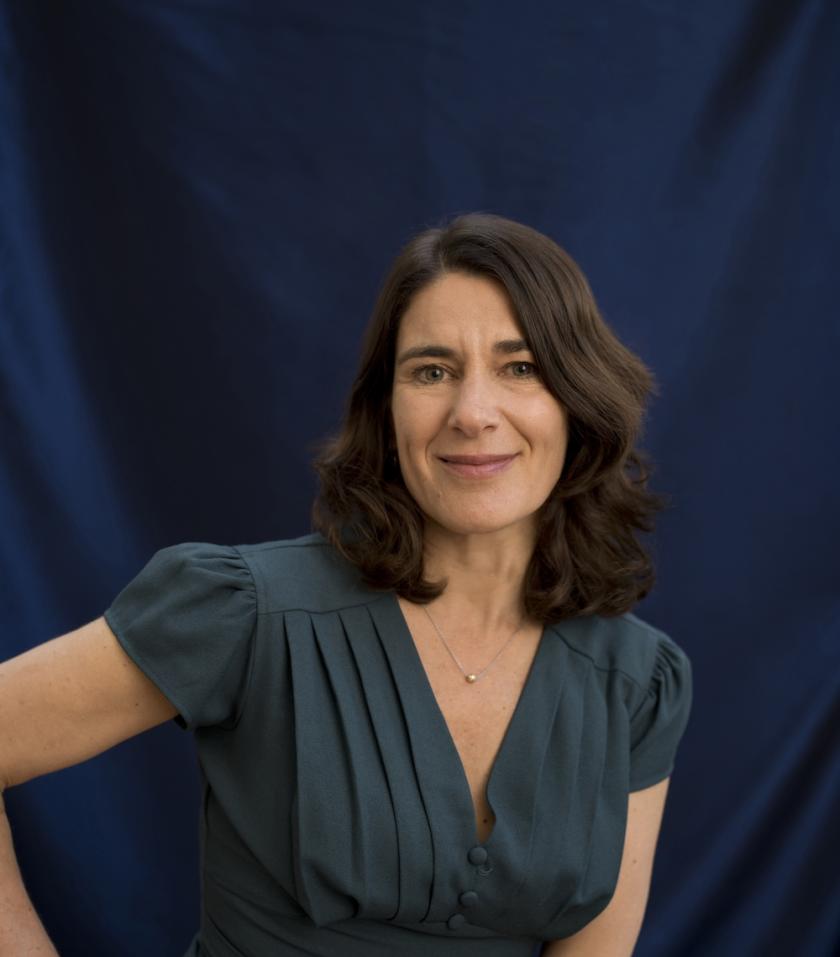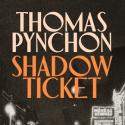The glamorous unreliability of Esther Freud’s father, Lucian Freud, is an inescapable force in her novels. There he is, turning up like a bad penny in Love Falls, or The Wild, or Peerless Flats, leaping from taxis into restaurants or betting shops, ordering champagne, driving too fast, shifting from foot to foot in the darkness, ambivalent, alluring.
Although I Couldn’t Love You More, Freud’s ninth novel, is a re-imagining of her Irish mother’s pregnancy and its repercussions, some of its most vivid parts concern her father. Here he’s in the guise of Felix Lichtman, a sculptor who haunts the French pub, orders oysters in various Soho restaurants where the waiters know him well and who soon installs the teenage Rosaleen Kelly, whose parents have given up their pub in Brixton and have bought a farm in Ireland, in a mysteriously well appointed flat in Maida Vale. “Who lives here?” asks Rosaleen. “’They’re abroad.’ Who are? Felix would not be drawn.”
From Freud’s explanatory note, we know that a world of pain is in store for Rosaleen (the stand-in for Freud’s real mother, the free-spirited Bernadine Coverley) and her unborn baby. The novel examines what might have happened if she had found herself destitute, if Lucian Freud had not been available (not that he was, much) and if she’d been forced, through lack of any other choice, to go to a hellish mother and baby home run by nuns on the outskirts of Cork in the early Sixties.
The story is told by three generations of women: Aoife, who is Rosaleen’s mother; Rosaleen herself; and Kate, the daughter that Rosaleen was forced to give up for adoption 10 days after giving birth. Rosaleen is the most colourful of the three, though this novel, longer and more melancholy than most of Freud’s, doesn’t have the wonderful light touch and funny, idiosyncratic characters (she’s especially brilliant on domestic chaos, children and stepfamilies – see Hideous Kinky, Peerless Flats, The Wild, Summer at Gaglow) of some of her earlier fiction, much of it autobiographical.
Rosaleen escapes the Irish farm and works in the mail room at the Daily Express, a job arranged for her by Felix, who knows Lord Beaverbrook, though she aspires to be a real journalist and is impressively focused on thinking up subjects for editorials. On the train to Marseilles - first class, of course - as Felix reads the papers in English and French (a very similar journey, that time with a daughter, takes place in Love Falls), Rosaleen takes out her notebook. “Hovercraft travel. Will it catch on?” She has her hair cut like Jackie Kennedy (Felix disapproves), whose image is everywhere in the paper, with instructions on “how to get the Jackie look”.
 At a glamorous dinner with Felix and his bohemian friends, including Francis Bacon, described as an artist with a fading bruise and a boyfriend with Love and Hate tattooed on his knuckles, Rosaleen, newly pregnant, her news not yet shared with her lover, mulls over how much it might cost to have a baby. She thinks, with tragic naivety, of an interview she’s read with an Unmarried Mother, who’d reported her life to be “super” and who’d had the support of her father. The book’s title, one of Felix’s endearments eagerly seized upon by Rosaleen, is wonderfully ambiguous.
At a glamorous dinner with Felix and his bohemian friends, including Francis Bacon, described as an artist with a fading bruise and a boyfriend with Love and Hate tattooed on his knuckles, Rosaleen, newly pregnant, her news not yet shared with her lover, mulls over how much it might cost to have a baby. She thinks, with tragic naivety, of an interview she’s read with an Unmarried Mother, who’d reported her life to be “super” and who’d had the support of her father. The book’s title, one of Felix’s endearments eagerly seized upon by Rosaleen, is wonderfully ambiguous.
Of course, there’s nothing super about the Irish nuns and the Convent of the Sacred Heart in Cork, and Rosaleen’s father is anything but supportive (he finds out about her predicament by accident and never speaks of it to Aoife). We’re plunged into the world of Philomena and The Magdalene Sisters, a sadistic place where pregnant girls have to cut the lawn with scissors, are given almost nothing to eat except terrible sounding mush known as pandy and goody, and where pain relief in labour – and stitches afterwards - are withheld, seen as indulgences, wasted on sinners. It may be familiar territory but it’s deeply shocking nonetheless.
Aoife has no idea what has happened to Rosaleen and spends most of her life grieving and wondering, as does Kate, an artist who works in an adult day centre. She is obsessed to the point of tedium with finding her real mother and sees aspects of her everywhere. Her adoptive parents, kind and dull – her mum has “a prize-day burble in her voice” when planning her sister’s wedding - have never revealed details, though now Kate decides to press her father and the new knowledge sets her on a path of discovery.
She tiptoes around her alcoholic husband and tries to comfort their small daughter Freya, who is preoccupied with death. “I think you’ll die when I’m 11,” she says, looking hopeful, and later, “”How do we even know we’re not dead?” The dark humour is a welcome distraction. “That weekend we stay inside. The choices are stark – kill myself, or glue pasta on to card.”
The stark choices that all these women have to make are brought to life with Freud’s customary skill, but occasionally you wonder if she’s constrained by the thoroughly researched, one-track nature of the story – and sometimes the time-line is not entirely clear. Still, there are wonderful observations, from the eccentric woman in Kate’s day centre who is given to declarations such as “Woe to you, Jerusalem,” before sailing off in a cab with her plastic bags, to Rosaleen’s lonely awakening every day after the loss of her baby. She makes an inventory of her each morning: “the starfish hands, the lock of hair, the petal of her mouth…for those minutes, she kept her baby close.”
- I Couldn't Love You More by Esther Freud (Bloomsbury, £16.99)
- Read more book reviews and features on theartsdesk















Add comment